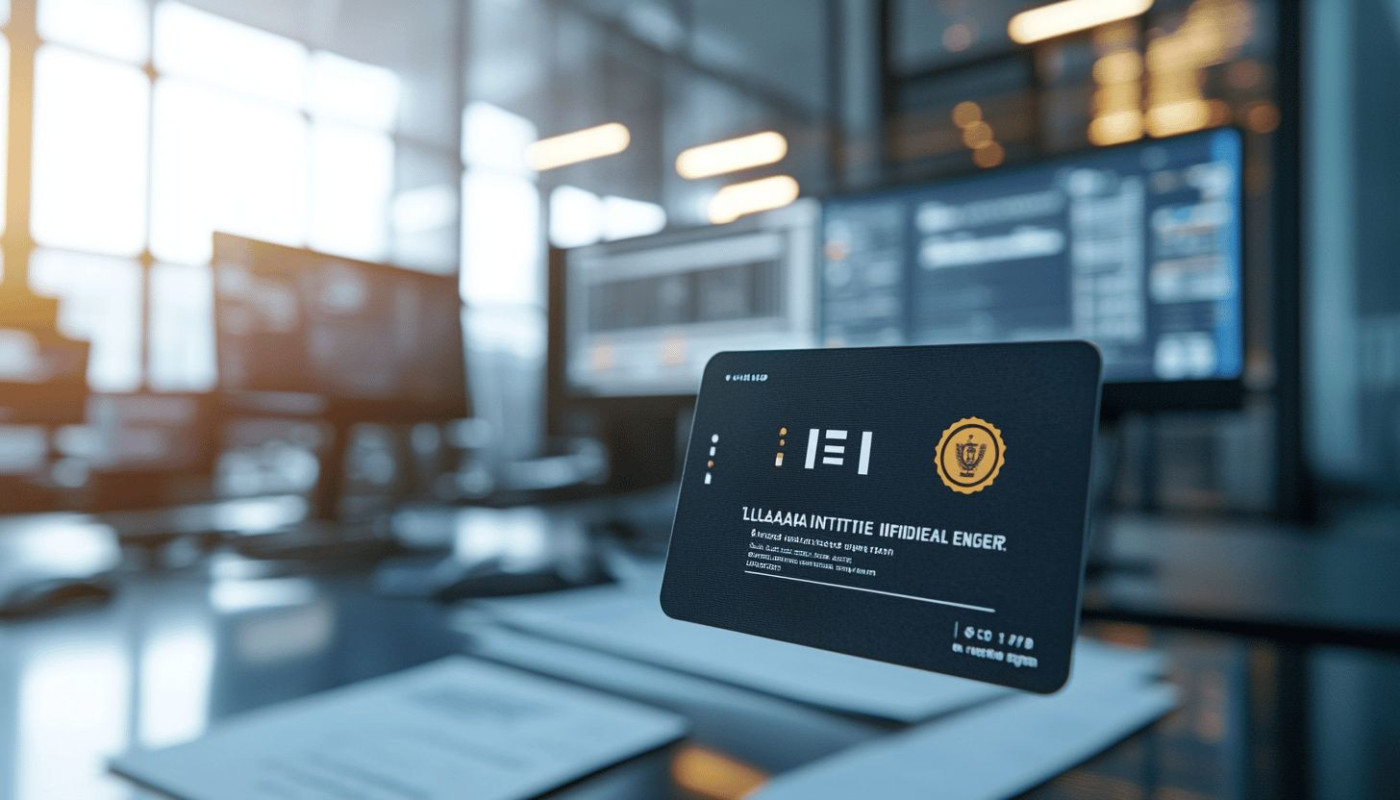Table of contents
In today’s global financial landscape, transparency and trust are more significant than ever. Understanding Legal Entity Identifiers can unlock valuable opportunities for businesses and organizations operating across borders. Explore the benefits and navigate the registration process to ensure compliance and efficiency in every transaction.
What are legal entity identifiers?
A legal entity identifier, commonly known as an LEI code, is a unique 20-character alphanumeric code assigned to legal entities participating in financial transactions worldwide. Developed in response to the need for robust global identification systems after the 2008 financial crisis, LEIs play a pivotal role in advancing financial transparency and ensuring effective entity identification across borders. By standardizing how entities are recognized within the financial ecosystem, LEI codes provide a reliable way to track parties involved in financial markets, supporting efforts to mitigate risk and prevent abuse. This system enables regulatory authorities and market participants to accurately identify counterparties, fostering greater confidence and accountability in global finance.
Key benefits of LEIs
LEI benefits are widely recognized in the global business landscape, especially from the viewpoint of a compliance officer focused on risk mitigation. Legal entity identifiers play a pivotal role in strengthening financial compliance by providing a unique, standardized reference for entities participating in financial markets. This uniformity enables regulators and institutions to achieve greater transparency in transactions, which is essential for accurate regulatory reporting. By associating every transaction with a verified LEI, organizations can significantly enhance transaction security and reduce the likelihood of fraud. Furthermore, the use of LEIs brings operational efficiencies, as it simplifies processes like onboarding, client due diligence, and cross-border operations. These identifiers facilitate seamless information exchange between different jurisdictions, removing ambiguity and enabling swift identification of counterparties. As a result, LEIs support risk mitigation strategies and help businesses comply with ever-evolving regulatory frameworks, making them indispensable for firms engaged in global business.
Who needs an LEI?
A Legal Entity Identifier (LEI) is a mandatory code for a range of organizations engaged in financial markets. The LEI requirement primarily applies to any reporting entity participating in financial transactions across borders, including corporations, financial institutions, investment firms, funds, and certain trusts. Regulatory obligations mandate that banks, asset managers, insurance companies, and other reporting entities obtain an LEI when dealing with derivatives, securities, or any transaction requiring transparency and standardized identification. Corporate compliance frameworks in many jurisdictions demand an active LEI to facilitate regulatory reporting, reduce fraud risk, and help regulators track systemic exposure. For companies seeking to streamline registration and ensure adherence to evolving standards, professional providers such as lei services offer tailored solutions to meet all regulatory obligations efficiently.
LEI registration process explained
The LEI registration process begins with determining eligibility, which is primarily open to all legal entities participating in financial transactions, such as corporations, trusts, partnerships, and government agencies. Self-registration is the standard, meaning an authorized representative of the entity must initiate the LEI application personally or through a mandate. To register LEI, gather the documentation required, typically including proof of legal entity existence, such as a certificate of incorporation, memorandum of association, or business registry records. The LEI process usually starts with selecting an accredited Local Operating Unit (LOU) or registration agent online, where the applicant completes the digital LEI application form, entering detailed entity information, ownership structure, and contact details. After submission, the LOU verifies the provided data against official sources. This verification may take one to five business days, depending on the jurisdiction and completeness of the documentation required. Once approved, the LEI is issued and made publicly available. LEIs require annual renewal to maintain their validity; the renewal process involves confirming and updating entity details and resubmitting them for verification. Failure to renew may result in the LEI status changing to lapsed, affecting the entity’s ability to participate in regulated financial transactions.
Maintaining your LEI
Proper management of a legal entity identifier is vital for ongoing compliance and operational efficiency. Entities must prioritize LEI renewal each year to maintain LEI active status, as lapsing into lapsed or inactive status can disrupt transactions and regulatory filings. To ensure LEI validity, organizations should routinely update information LEI records, such as changes to name, address, or corporate structure, as these updates support accurate global identification and seamless regulatory checks. Failure to maintain LEI or neglecting compliance management obligations may lead to penalties, delays in trade settlements, or exclusion from certain financial markets. Best practice includes establishing an internal reminder system for annual renewals, assigning clear responsibility for data accuracy, and regularly reviewing current registration details. This proactive approach guarantees continued eligibility and reliability in the financial ecosystem.
Similar

Investing In Real Estate: Opportunities In Grade A Warehouses

Exploring The Tax Advantages Of Establishing A 501(c)(9) VEBA

The Impact Of Cannabis Legalization On Japan's Economic Growth

Emerging Economies: Analyzing Business Progress in Asian Countries

Exploring the Economic Impact of Online Casino Bonuses

What is the cost of Bonaire entrance tax for international visitors ?

